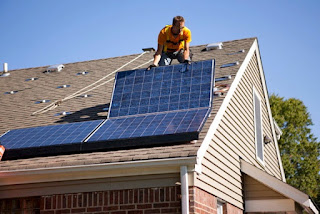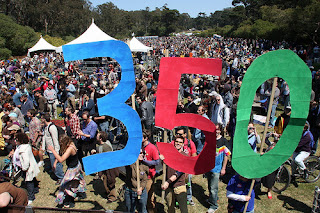Fail-Safe
No energy technology should strive to label itself as fail-safe because... it would be setting itself for failure.
Nothing is safe in an absolute sense. Hundreds of persons die every year in airplane accidents and yet plane travel is the safest mode of transportation.
More than a million persons die every year in car accidents (and close to 20,000,000 are harmed) and yet nobody is seriously considering banning the automotive industry.
Even if we focus on electricity itself, just in the USA, ~60 persons die every year in accidental electrocutions.** Are we going to ban electricity? I don't think so.
So, nuclear should label itself as what it really is: the safest energy source our civilization has access to, bar non.*
And yes, just like the aviation industry has gotten dramatically safer over the years, nuclear will certainly continue to improve to maintain, long term, its badge as the safest energy we have.
Today nuclear accounts for 4.8% of the world's total primary energy supply (IEA data). If nuclear participation eventually reaches, say 50%, in absolute terms we may see more accidents although in relative terms it will probably continue to improve.
Somebody once said: "there is nothing more risky than taking too many precautions."
We need loads and loads of low carbon, scaleable, dense, reliable, constant energy. And nuclear fills these requirements better than any other energy we have. Sure, even better and safer designs are in the pipeline and they should soon hit the market.
Conclusion: nothing is perfectly safe but in reality nuclear is and will probably continue to be the safest energy humanity has access to.
Feel free to add to the conversation in Twitter: @luisbaram
*http://www.forbes.com/sites/jamesconca/2012/06/10/energys-deathprint-a-price-always-paid/
**http://www.esfi.org/index.cfm/page/Injury-and-Fatality-Statistics/pid/12015





Comments